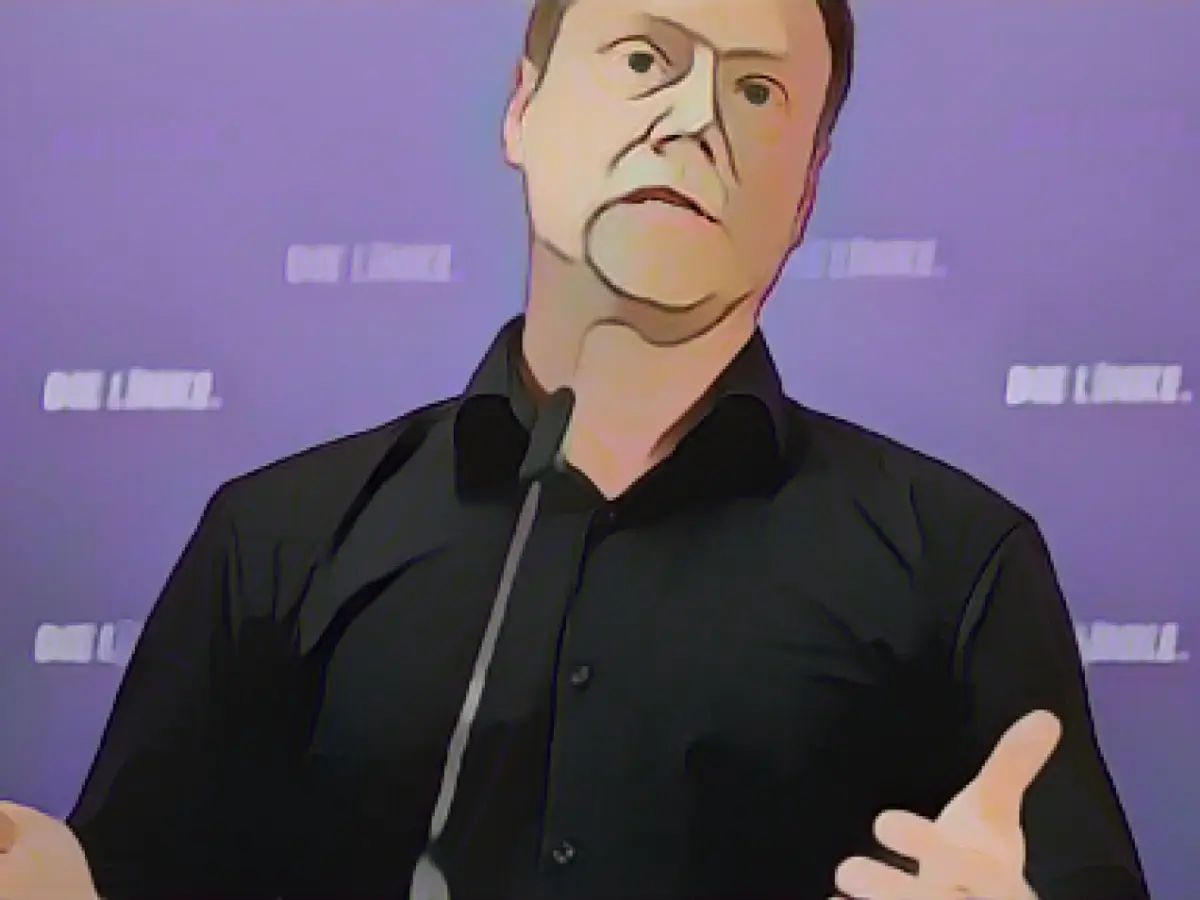Finance Minister's Criticism of Debt Brake Sparks Debate
Brandenburg's Finance Minister Katrin Lange (SPD) has voiced her concerns over the debt brake in its current form, calling it a "fair-weather regulation" that restricts parliamentary budget rights. Lange's critique follows the Federal Constitutional Court's decision to deem coronavirus loans for climate projects unconstitutional, leaving a 60 billion euro financing gap in Germany's climate projects.
Germany's Federal Finance Minister, Christian Lindner (FDP), has opted against relaxing the debt brake, despite the court ruling. Instead, Lindner has affirmed the need to adhere to the debt brake and rule out tax increases. Opposition to Lange's views came from FDP state leader Zyon Braun, who labeled her standpoint as irresponsible. However, the Greens and the opposition Left Party backed Lange, with Green energy politician Clemens Rostock advocating for new criteria for the debt brake without completely weakening it.
Possible Changes to Debt Brake
Debates surrounding the debt brake have led to various proposals for modification:
- Bundesbank's Suggestion for Stability-Oriented Reform: The Bundesbank advocates for a reform that would allow more public investment while keeping the overall public debt below the EU's 60% of GDP target. This could involve raising the structural deficit limit up to 1% of GDP, depending on the overall debt-to-GDP ratio.
- SPD and Greens Proposal for New Special Fund: Both parties propose loosening up the debt brake and establishing a new special fund that would be dedicated to spending on defense, infrastructure, education, and environmental protection. This would not be subject to the debt regulation.
- Exemptions for Investment and Consumption: Proponents suggest either excluding net or gross investments from debt brake calculations or softening the yearly requirement to provide space for economic stimulus during downturns. They also argue for exempting certain expenditure categories, such as climate and defense, from the debt brake.
- SPD and Greens Proposal for Modernizing Article 115: The SPD and Greens aim to refine the debt brake cautiously, contending that Germany can sustain a higher debt level due to its robust economy. They suggest examining subsidies, bureaucracy, and social expenditure to locate potential savings.
Household Budgeting Strategies and Debt Brake Reforms
These proposed changes could significantly impact household budgeting strategies in several ways:
- Enhanced Government Spending: Relaxing the debt brake or introducing exemptions for certain expenditure categories could result in increased government spending on infrastructure, education, and environmental protection. This indirectly benefits households through improved public services and infrastructure.
- Potential Tax Increases or Reduced Services: If the CDU/CSU's proposal for far-reaching tax cuts leads to a significant budget deficit, it could result in higher taxes or a reduction in government services, affecting household budgets.
- Economic Stability and Confidence: The Bundesbank's proposed balance between fiscal discipline and public investment could solidify economic stability and confidence, which is fundamental for household financial planning.
- Review of Subsidies and Social Expenditure: Proposals to assess subsidies and social expenditure could lead to alterations in household benefits and support, with potential effects on income and employment opportunities.
In conclusion, the proposed debt brake reforms aim to achieve a balance between fiscal discipline and needed public investment and spending. These reforms could influence household budgeting strategies by affecting government spending, taxation, and social benefits.







